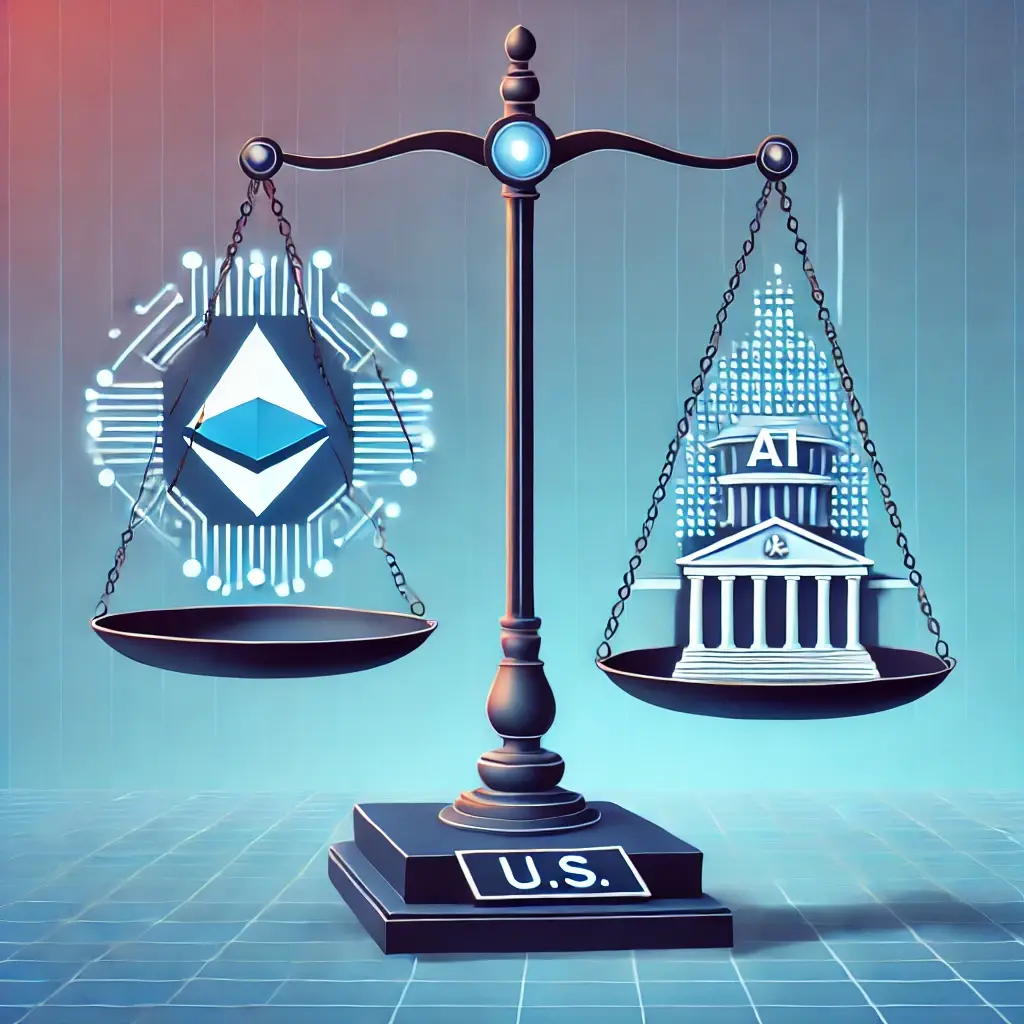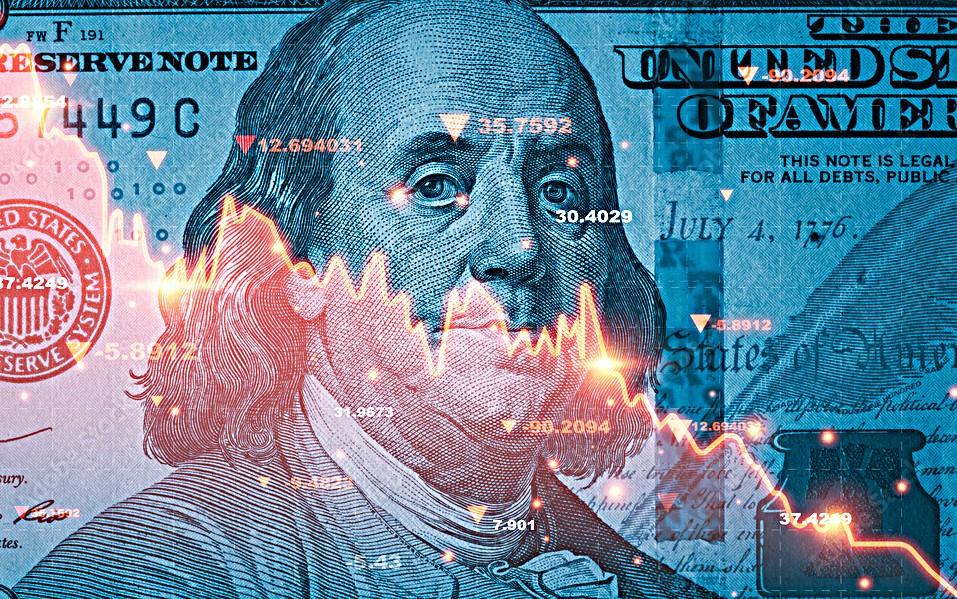U.S. Tech Industry Benefits from Trump Administration's Deregulatory Moves
The U.S. technology sector has experienced significant advantages following the Trump administration’s deregulatory push. Companies involved in cryptocurrency, artificial intelligence (AI), and social media have particularly benefited from these changes, which were catalyzed by substantial donations from key industry players to President Donald Trump’s campaign.
One of the most notable beneficiaries of this shift is billionaire entrepreneur Elon Musk, who reportedly contributed $300 million to Trump’s re-election efforts. In return, Musk has been appointed to lead the newly established Department of Government Efficiency (Doge), a position that grants him substantial influence over federal policies affecting the tech industry. This move highlights the administration’s approach of reducing government oversight to encourage technological progress.
The deregulation efforts have resulted in the rollback of numerous restrictions that previously hampered growth in emerging sectors. Cryptocurrency firms, which had long struggled with regulatory uncertainty, are now operating in a more favorable environment. The elimination of certain compliance requirements and the easing of financial oversight have spurred innovation in blockchain technology, leading to increased investment and market expansion.

Similarly, AI companies have benefited from relaxed data usage and privacy policies, allowing them to conduct advanced research without stringent legal constraints. This has accelerated developments in machine learning and automation, positioning the U.S. as a global leader in AI advancements. Meanwhile, social media giants have found relief in the administration’s decision to dismiss major lawsuits and regulatory actions that previously threatened their business models.
Despite these advantages, the Trump administration maintains leverage over the industry through the Federal Trade Commission (FTC). The government has signaled its willingness to take action against companies accused of “tech censorship,” particularly in cases involving the moderation of conservative voices. This has created a complex dynamic in which tech firms must navigate a regulatory landscape that, while deregulated in many respects, still carries the threat of government intervention.
Critics argue that these deregulatory policies favor large corporations at the expense of consumer protections and market fairness. They warn that reduced oversight could lead to monopolistic practices, data privacy violations, and ethical concerns in AI and social media governance. However, proponents believe that deregulation fosters innovation, reduces federal spending, and strengthens the U.S. economy by empowering tech entrepreneurs.
As the industry continues to evolve under these new policies, the long-term impact of the Trump administration’s deregulatory stance remains to be seen. While companies enjoy newfound freedoms, they must also remain cautious of the administration’s influence and shifting regulatory priorities.









